Cannes 2025: the 13 first favorite films
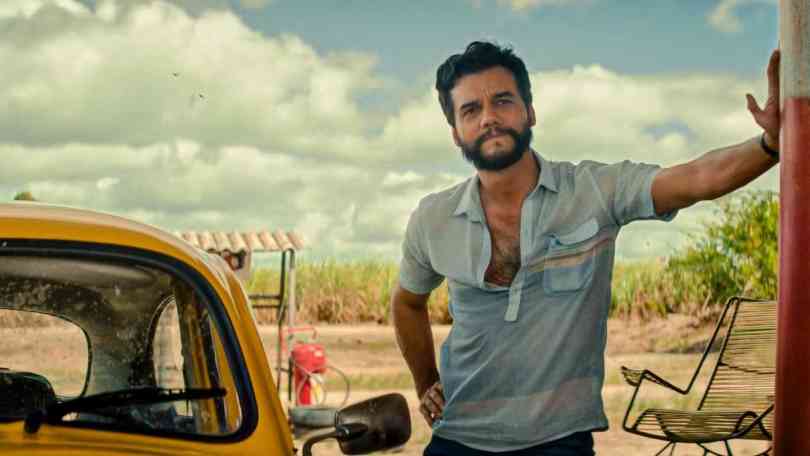
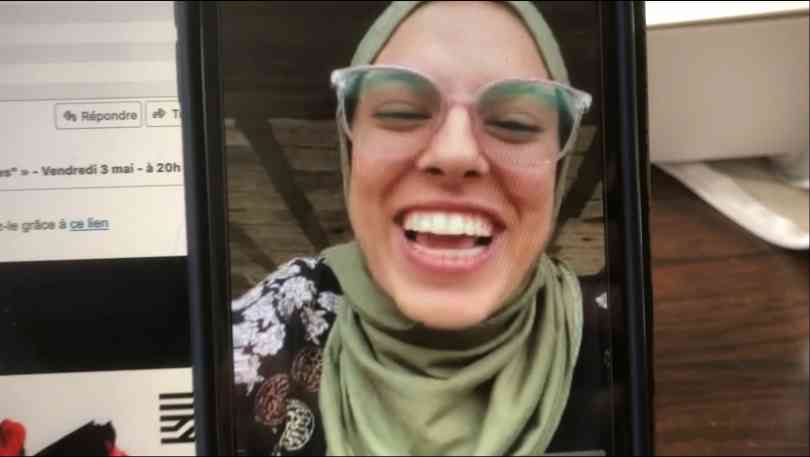



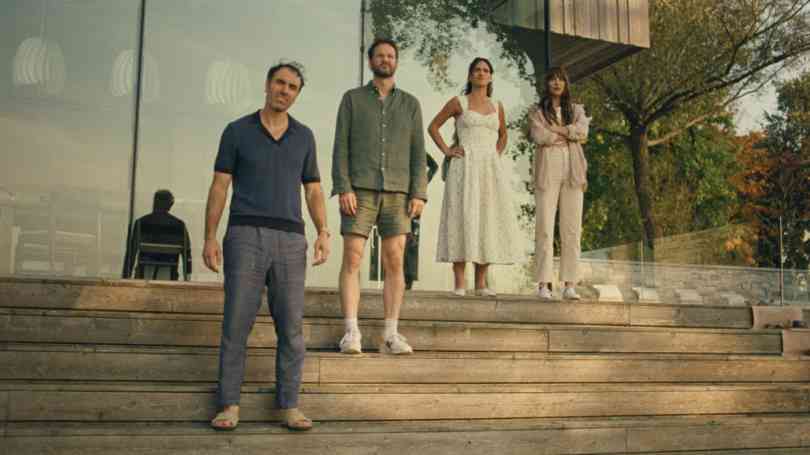
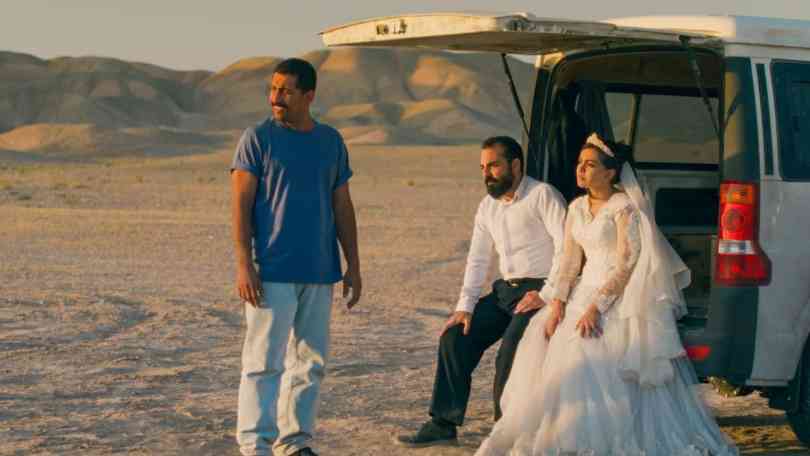


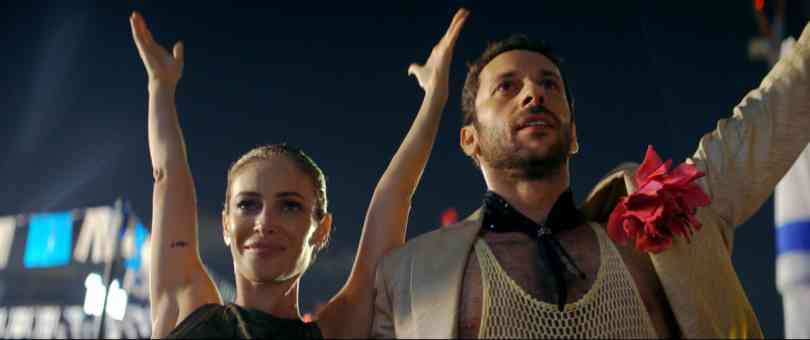
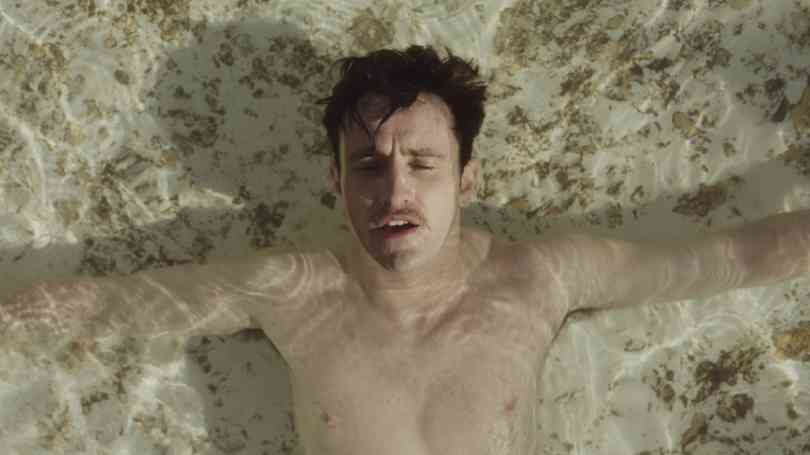
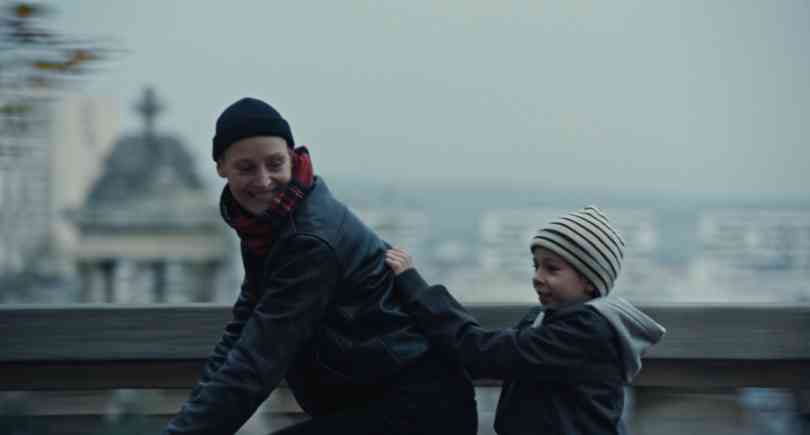
Shock films, punch documentaries, stunning interpretations, major cinema visions, and many political messages. Here are the works that marked us the most during this 78th Cannes Festival.
Eddington Ari Aster (in competition)
Ari Aster, the director ofHeredity and Midsummerputs his talent to portray characters trapped in nightmarish loops in the service of a painting of the political mood of the United States of the 2020s, by sticking to the Basques of an anti-Vax sheriff played by Joaquin Phoenix. Verdict (in case we ignore it): it’s going very badly. Convening several registers-from social satire to neo-western- Eddington Organize their collision to create a very dark, very funny, very sad pandemonium, a American fable devoured by darkness and panic.
In the cinema on July 16
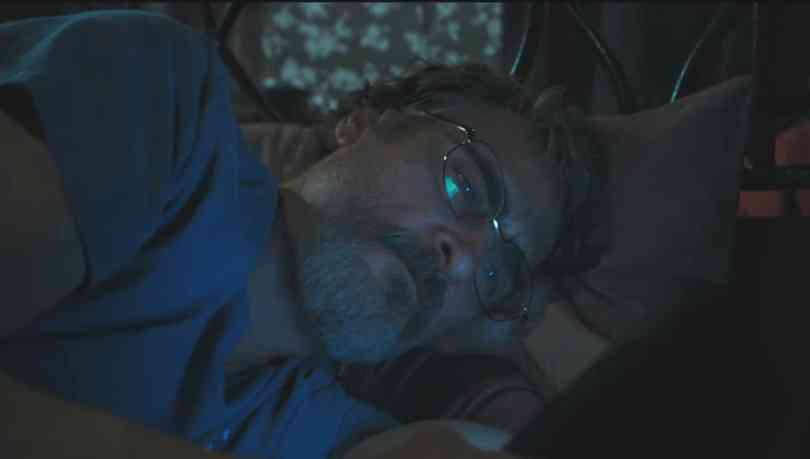
Yes of Nadav Lapid (fifteen of filmmakers)
Presented at the fifteen of the filmmakers the new feature film of the Israeli was expected at the turn since he announced himself as the cry of the heart of an artist in the midst of an existential crisis in a country-Israel therefore-confused since the attacks of October 7. Nadav Lapid (Synonyms, Ahed’s knee…) Sign an egotic and tormented burning. Yes Tells the journey of a musician at the small week accustomed to animations for private parties, committed to writing a propaganda hymn to the glory of Tsahal. The staging operates swerry, ruptures, fever climbs, leaving no respite to a (bad) conscience felt physically by the hero and the spectators. Tapping but not touting, Lapid seems to speak in the first person through the contradictions of his protagonist. After 2:30 am of that diet, we finished on the ball joints, totally stunned … Certainly the craziest and political film of the festival.
In the cinema on September 17

L’Agent secret by Kleber Mendonça Son (in competition)
In Recife, in 1977, under the Brazilian dictatorship, a hunted man seeks the trace of his missing mother. Kleber Mendonça Filho, the director of Recife noised’Aquarius and Bacuraucontinues his quest for a political and poetic cinema nourished in the genre cinema seventies, and delivers a bewitching thriller, which plunges with voluptuousness into a swallowed world, of which only scraps remain, and whose very recreation becomes an act of resistance. Hypnotic, and carried by the superb stoic intensity of Wagner Moura, with two prizes in the key (Msie en Scène and Male Interpretation).

Put Your Soul on Your Hand and Walk de sepideh to do (acid)
Presented at ACID, this documentary focuses on the daily life of Fatima Hassona, 25, Palestinian photojournalist. Stuck in besieged Gaza, Fatima dialogues with the director via a smartphone screen. His green eyes, his frenzied optimism and the photos that sometimes parade full frame, challenge horror, hunger, boredom and bombs. “”I’m trying to find life in this death“, She said. Fragile pixels that vanish according to the failing connections, she embodies the resilience of this people we refuse to see. The images were already very strong, but discovering this doc knowing that the young Palestinian was killed in an Israeli raid a few days before her Cannes presentation gives her a truly overwhelming ghostly power. One of the great moments of this festival.

The History of Soundfrom Oliver Hermanus (in competition)
A gay love story between two musicologists in the wild forests of America, in the aftermath of the First World War: borrowed from a news from the writer Ben Shattuck, the poetic argument of The History of Sound unfolds over a distant, whispered melo fresco, whispered, and finally overwhelming, carried by two of the most desirable young actors of the time: Paul Mescal and Josh O’Connor. Newcomer to Cannes competition, director Oliver Hermanus (Moffie, Vivre) asserts himself as a sensitive heir by James Ivory and Terence Davies.

The wave (The wave) of Sebastian Lelio (Cannes Première)
This is a film passed under the Cannes radar, but devilishly exciting. Lelio gives up here the austerity of Gloria et A fantastic woman To deliver a musical with explosive energy. From the opening, its camera slides between dancing bodies bathed in magnetic blue and electric red. Julia, a shy pupil, gradually becomes the figurehead of a feminist movement in the face of sexual abuses which plagues a Chilean Faculty. By following his career and his questioning, by following his metaphorical journey through all the metoo debates (denunciation, radicality, desire in this new context …), Lelio avoids thought, and by its blowing scene, its warrior choreographies and the revelation Daniela Perez, succeeds in a fairly crazy synthesis. His poetic-theoretical rage takes everything.
No release date

Alpha of Julia Ducournau (in competition)
The film that will have divided Cannes! After his palm of gold for Titaniumthe French filmmaker signs an incandescent and very personal film. Alpha, it is this 13 -year -old girl who lives alone with his mother until a tattoo triggers the collapse of their world, against the backdrop of epidemic evoking AIDS of the 80s. More intimate but always visceral, the film explores the traumatic heritage between generations. Virtuoso staging offers unforgettable hallucinated visions. Carried by Tahar Rahim unrecognizable and the revelation Mélissa Boros, Alpha Confirms Ducournau as a singular voice of contemporary cinema.
In the cinema on August 29

Love me tender of Anna Cazenave Cambet (a certain look)
In 2020, Constance Debré had published Love me tenderwhere she told her fight to recover the guard of her son that her ex-husband had removed when she had revealed to her that she now lived love stories with women. Anna Cazenave Cambet (Gold for dogs) Take up this intimate account by deploying an emotional power which twists your belly before the injustice experienced by this woman over endless years. Thanks to the strength of the text of course. His staging too. But also and above all to the way in which Vicky Krieps seizes this eminently complex character since before taking everything without revolting or overreating under penalty of still decreasing his chances of regaining this famous guard. An immense actress for a forgotten film in the list of a certain look like Flow or
Twenty gods Last year. We wish him the same career!
No release date

The little last Hafsia Herzi (in competition)
What a year for Hafsia Herzi! A few months after her Caesar for the best actress to Borgoshe therefore made her first entry into the Cannes competition with her third feature film as a filmmaker. And what an entry! With The little lastshe seizes the autobiographical book of Fatima Daas and signs a vibrant story of emancipation and personal construction of a young Muslim woman, Fatima, whose love she feels for women comes in contradiction with her faith. With a staging magnifying the faces, looks and bodies, an insane virtuosity in the art of dialogues. And a direction of cord actors to reveal a beginner named Nadia Melliti. His absence in the charts would be an injustice.
In the cinema on October 1st

Splitsville by Michael Angelo Covino (Cannes Première)
The director and actor of The Climb This year returned to Cannes Première with a fairly delicious remarriage comedy, where a quadra freshly dropped by his wife discovers that his friends have been a free couple to hold their marriage. The film carbides with tasty dialogues and Michael Angelo Covino, in front and behind the camera, ensures constantly derailing the script with crazy situations (the endless fight in the house is a little masterpiece of comedy). A Farrellian spirit floats on this very successful Splitsvilledoped by the presence of the decidedly formidable Adria Arjona (Hit Man, Blink Twice) and Dakota Johnson.
No release date.

A simple accident of Jafar Panahi (in competition)
After the metaphysical fable (None bear), Jafar Panahi now delivers a political thriller that is still as virulent against Iranian power. Everything starts with a crushed dog. Vahid, a local mechanic, believes to recognize his old torturer in the motorist. He doubts, removes the unknown and goes in search of witnesses … His van will then become a court of fortune where the whole Iranian society brews and where humanity, revenge and justice wonder. Clandestily turned, this closed door proves once again the filmmaker’s genius. Choral (and absurd) portrait of a torn country, prowess of illegal staging, Polar under tension … Panahi signs a film-sleep with incredible violence, precisely rewarded by the Palme d’Or.
At the cinema on September 10

Orwell 2+2 = 5 The Raoul Peck
With the inflation of the number of films presented in Cannes, the documentary by Raoul Peck (I Am Not Your Negro), shown in the Premier Cannes section, did not have the echo it deserved on the Croisette. This cry against the current rise in totalitarianism, using the writings of the author of 1984 to denounce the ailments of 2025, was however in tune with a very political competition, where he would not have mismatched. In substance as in form. Relentless demonstration, narrated by Damian Lewis and brilliantly illustrated, Orwell 2+2 = 5 Described how the Novlangue imagined by the British author after the Second World War infused our daily lives. An insidious deformation of the meaning of words (“War is peace”, “Freedom is slavery”, “Ignorance is strength”) Which makes us accept an inversion of values and an opression which should be unbearable to us. A work as edifying as it is beneficial.
No release date

Crawl of Oliver Laxe (in competition)
The trip of the Franco-Spanish director Oliver Laxe (which shared the jury prize with The Sound of Falling) was presented at the start of the festival, and he has never stopped haunting us since. Sergi Lopez is plunged in the middle of a free party in the Moroccan desert, looking for his missing daughter, in a world on the edge of chaos. A crazy and mystical epic, a Mad Max Punks version with dogs where death strikes, brutally. A striking film and an author to follow.


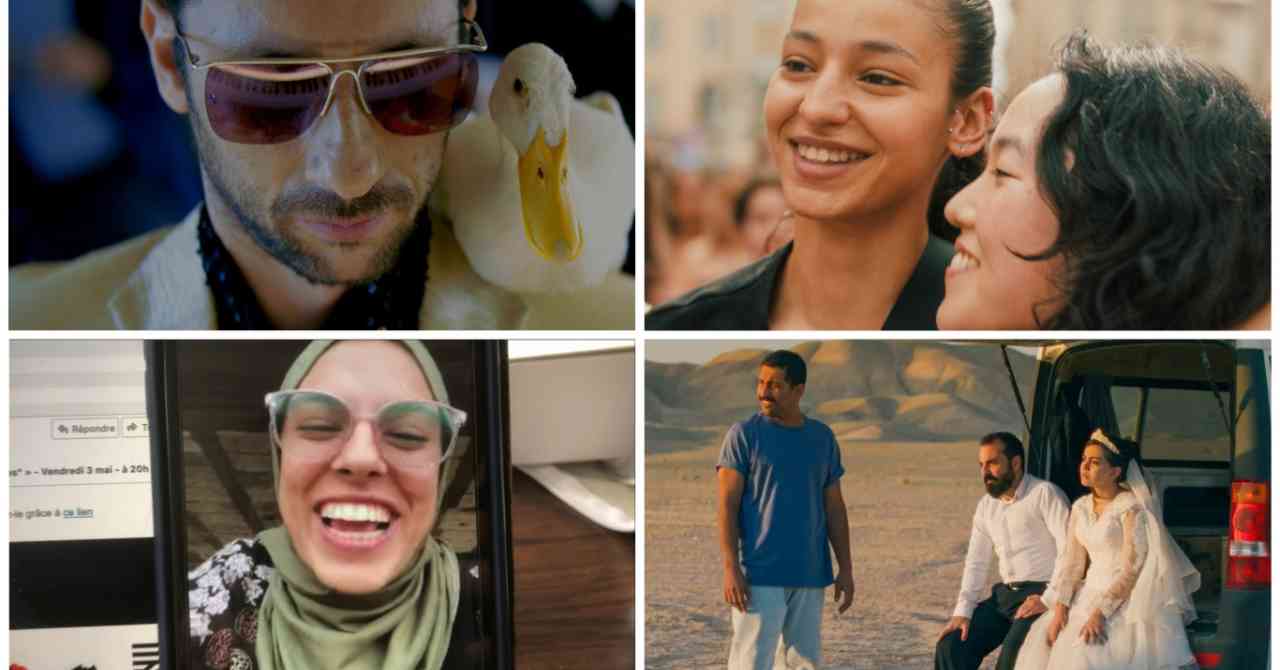

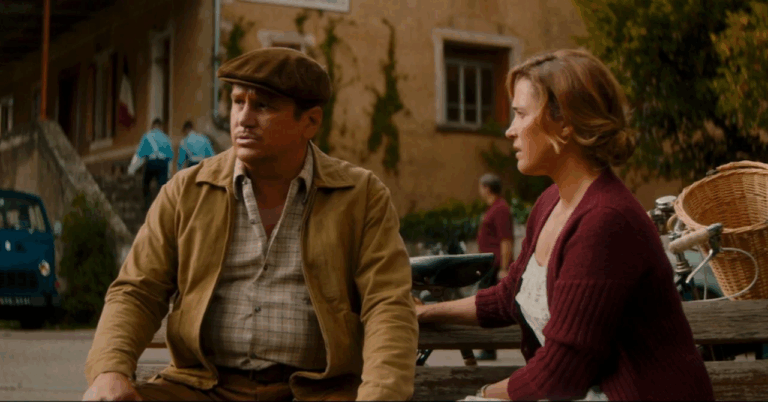
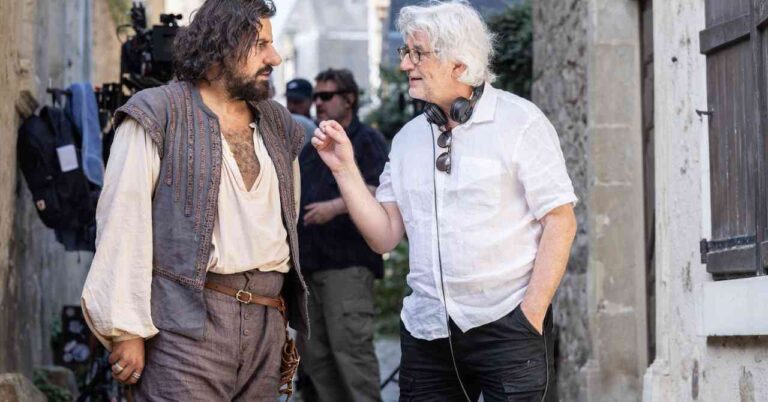
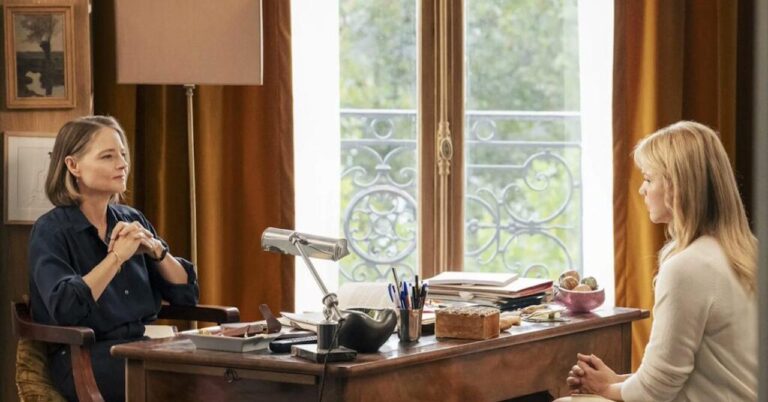
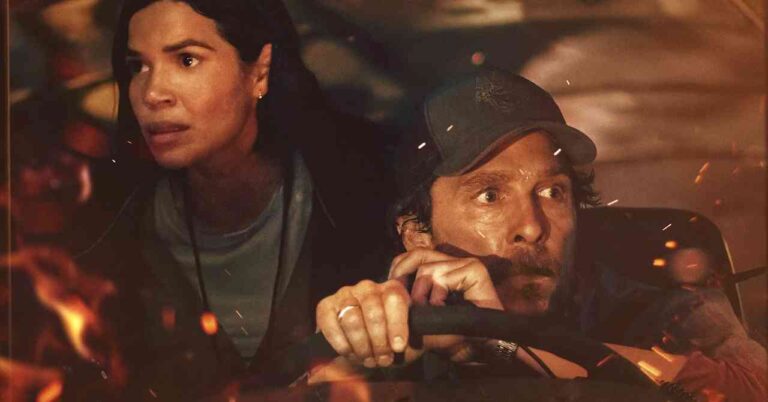
![Ballerina: John Wick's spin-off does not knock strong enough [critique]](https://gruntstuff.com/wp-content/uploads/2025/06/Ballerina-John-Wicks-spin-off-does-not-knock-strong-enough-critique-768x402.jpg)